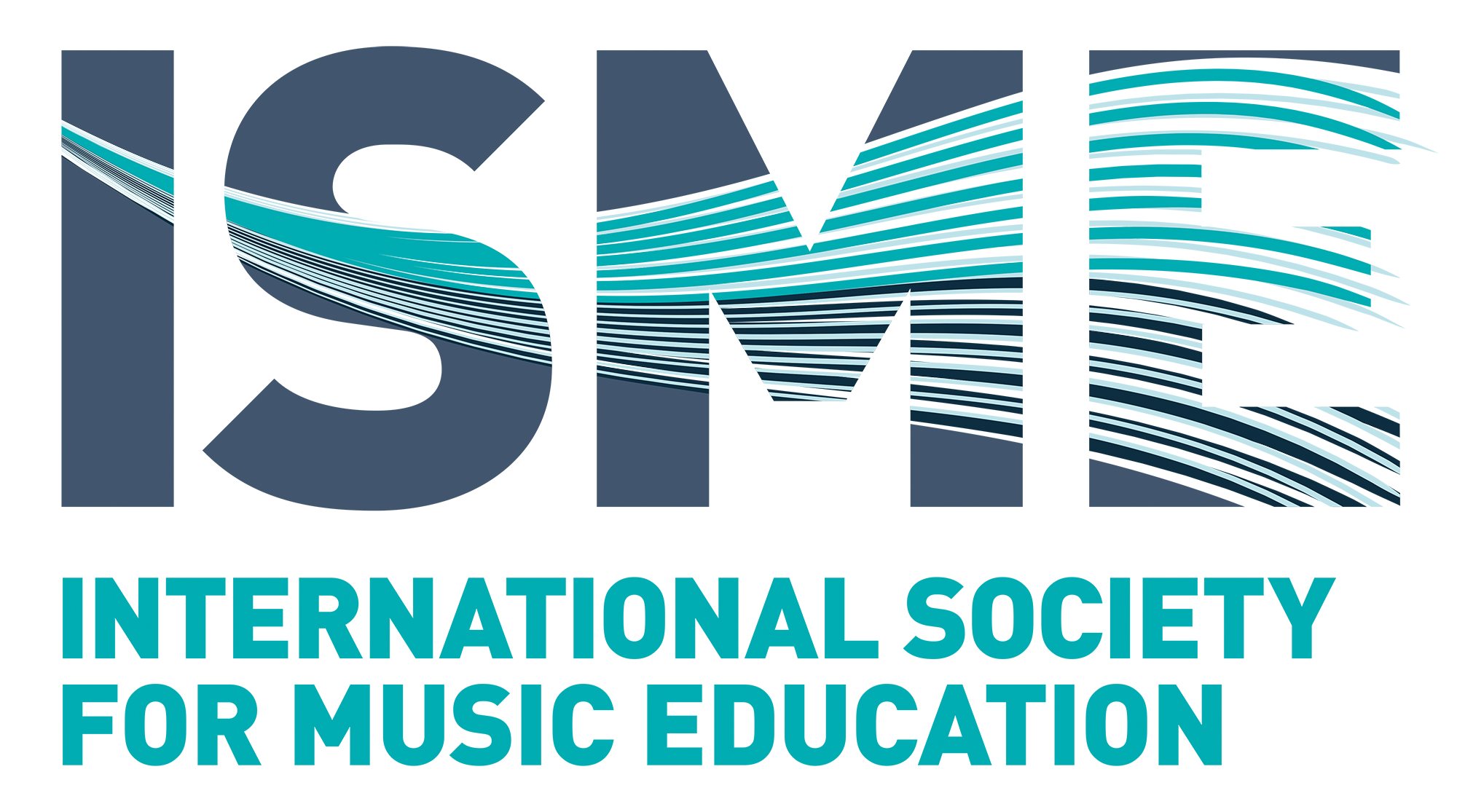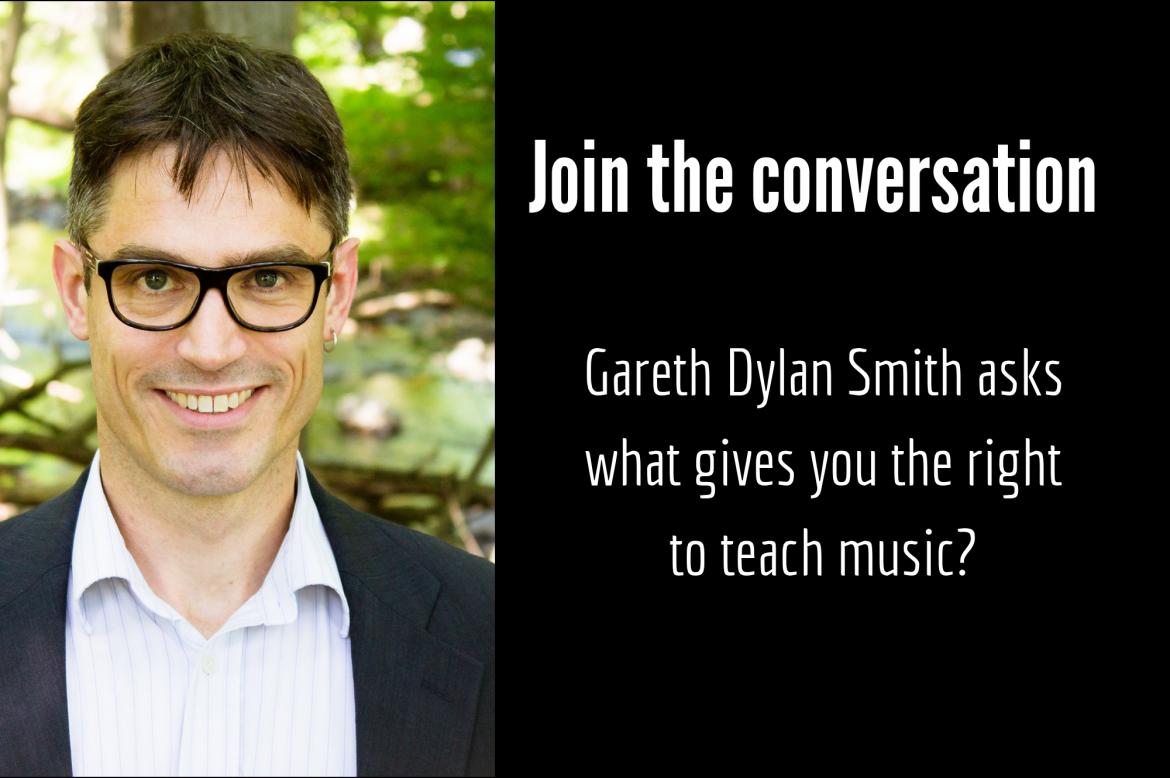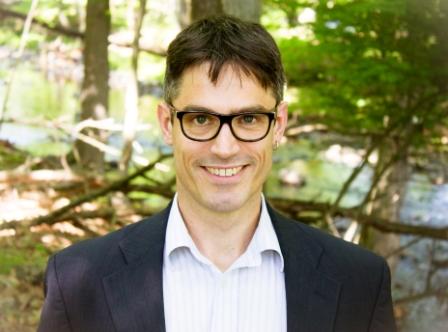I’ve been thinking a lot lately about pedagogic authority. It’s an idea that has challenged and excited me since I discovered it a few years ago. Pierre Bourdieu wrote about pedagogic authority with Jean-Claude Passeron in 1977, the year in which I was born – perhaps this temporal affinity is in part why the concept resonates with me. It is a thinking tool which has helped tie together a lot of other things I’ve been teaching and thinking and writing. Bourdieu and Passeron hold that a teacher does not innately possess the authority to teach (notwithstanding the societal or professional standing of educators). One may impart all the information, expertise and opinions one may wish, but they fall on thorny ground (as Lucy Green reminds us in her book, Music on Deaf Ears, in which she expertly navigates the relationships between music, ideology and education) if those whom one is trying to teach do not accord one the right to teach them. Pedagogic authority is always ascribed by learners.
I have ascribed pedagogic authority to a handful of musicians: John Bonham, the drummer of Led Zeppelin, taught me a whole lot about rock drumming (while I roundly rejected all his ‘lessons’ on excessive vodka consumption); from Keith Tippett – pianist, composer and ‘free’ improviser extraordinaire – I learned how to listen, how to hear, how to feel in collective music-making; Stephen Wheel, Leeson O’Keeffe, Terri De Marco, Phil Thomas and Hannah Boothby all taught and empowered me to rock out at the drums with abandon yet with focus and utter conviction. Doug Grannell taught me to maintain a killer shared groove with composure. Keith Jarrett’s quartet with Palle Danielsson, Jan Garbarek and Jon Christensen taught me that transcendence is possible, and they keep reminding me that some levels of sublime are simply beyond my reach as a drummer.
Pedagogic authority resonates with me beyond music, as it explains much about my experiences as a learner, and in so doing enables me to reflect and understand how others might experience my work as a teacher. As an adolescent I resented being required to learn things at school when I felt I was given no sound reason to do so. As such, those who taught me maths and science rubbed me the wrong way entirely – I felt they were wasting my time, and I felt the same about much of what I was taught in school music. History, religion and English, however, I liked for the critical consciousness they began to instill – teachers encouraged us to engage with perspectives that derived from particular complex contexts and to interrogate and interpret accounts for their contingent truths. I ascribed pedagogy authority to my humanities teachers. I also accorded pedagogic authority to Yossarian in Joseph Heller’s Catch 22, and to the authors of the dystopia novels I devoured with alacrity throughout my late teens and early 20s. Later, at graduate school, I gladly acknowledged the pedagogic authority of three teachers who earned it in seconds – Colin Durrant, Graham Welch and Lucy Green. I would in time accord it to Hildegard Froehlich and fellow ISME blogger, Roger Mantie. Understanding that my students all have had similarly varied and immeasurably different educational journeys from my own, enables me to view my own teaching, my own role and students’ attitudes and behaviour with new eyes, new perspectives and deeper humility.
Alt-country artist Sturgill Simpson asserts in a song to his young son, “the only word you’ll need to know in life is ‘why’”. He’s not entirely accurate, of course, but I agree with what I suppose to be the intended sentiment here. My own father (another person to whom I continue, mostly unconsciously, to ascribe significant pedagogic authority) instilled in me a similar critical orientation to the world that aligns with contemporary music education buzzwords and phrases like “student-centered”, “learner-led”, “inclusive” and “culturally responsive”. “Why?” is at the heart of critical pedagogy and punk pedagogy, and is a question that we must always ask, and encourage and empower our students to ask: Why do I believe what I do? Why do I see value and meaning where I do? Why do students see value and meaning where they do? Why are things as they are? “Why?” (along with “what?”, “what if?”, “where?”, “when?”, “how?”, and “who?”) leads us to greater understanding – individually, collectively, societally. These words help us to attain pedagogic authority in a classroom or institution, allowing us to communicate, to see problems, solutions, challenges, connections and collaborative potential; empowering us to teach.
Music-making is full of power structures on micro, meso and macro levels – in the commercial and financial industries, in government policy, in punk power trios, in Hip Hop collectives, in classrooms and lecture halls, in choirs, concert bands and chamber ensembles. I urge you, fellow music-makers and educators, to keep pedagogic authority in mind. It’s always there anyway, whether we see it or not, whether we earn it or not, and if we continually keep an eye out for where it might be, it can help us to teach with compassion and love.
This blog post is an invitation to have a discussion. Your comments are invited.
I have ascribed pedagogic authority to a handful of musicians: John Bonham, the drummer of Led Zeppelin, taught me a whole lot about rock drumming (while I roundly rejected all his ‘lessons’ on excessive vodka consumption); from Keith Tippett – pianist, composer and ‘free’ improviser extraordinaire – I learned how to listen, how to hear, how to feel in collective music-making; Stephen Wheel, Leeson O’Keeffe, Terri De Marco, Phil Thomas and Hannah Boothby all taught and empowered me to rock out at the drums with abandon yet with focus and utter conviction. Doug Grannell taught me to maintain a killer shared groove with composure. Keith Jarrett’s quartet with Palle Danielsson, Jan Garbarek and Jon Christensen taught me that transcendence is possible, and they keep reminding me that some levels of sublime are simply beyond my reach as a drummer.
Pedagogic authority resonates with me beyond music, as it explains much about my experiences as a learner, and in so doing enables me to reflect and understand how others might experience my work as a teacher. As an adolescent I resented being required to learn things at school when I felt I was given no sound reason to do so. As such, those who taught me maths and science rubbed me the wrong way entirely – I felt they were wasting my time, and I felt the same about much of what I was taught in school music. History, religion and English, however, I liked for the critical consciousness they began to instill – teachers encouraged us to engage with perspectives that derived from particular complex contexts and to interrogate and interpret accounts for their contingent truths. I ascribed pedagogy authority to my humanities teachers. I also accorded pedagogic authority to Yossarian in Joseph Heller’s Catch 22, and to the authors of the dystopia novels I devoured with alacrity throughout my late teens and early 20s. Later, at graduate school, I gladly acknowledged the pedagogic authority of three teachers who earned it in seconds – Colin Durrant, Graham Welch and Lucy Green. I would in time accord it to Hildegard Froehlich and fellow ISME blogger, Roger Mantie. Understanding that my students all have had similarly varied and immeasurably different educational journeys from my own, enables me to view my own teaching, my own role and students’ attitudes and behaviour with new eyes, new perspectives and deeper humility.
Alt-country artist Sturgill Simpson asserts in a song to his young son, “the only word you’ll need to know in life is ‘why’”. He’s not entirely accurate, of course, but I agree with what I suppose to be the intended sentiment here. My own father (another person to whom I continue, mostly unconsciously, to ascribe significant pedagogic authority) instilled in me a similar critical orientation to the world that aligns with contemporary music education buzzwords and phrases like “student-centered”, “learner-led”, “inclusive” and “culturally responsive”. “Why?” is at the heart of critical pedagogy and punk pedagogy, and is a question that we must always ask, and encourage and empower our students to ask: Why do I believe what I do? Why do I see value and meaning where I do? Why do students see value and meaning where they do? Why are things as they are? “Why?” (along with “what?”, “what if?”, “where?”, “when?”, “how?”, and “who?”) leads us to greater understanding – individually, collectively, societally. These words help us to attain pedagogic authority in a classroom or institution, allowing us to communicate, to see problems, solutions, challenges, connections and collaborative potential; empowering us to teach.
Music-making is full of power structures on micro, meso and macro levels – in the commercial and financial industries, in government policy, in punk power trios, in Hip Hop collectives, in classrooms and lecture halls, in choirs, concert bands and chamber ensembles. I urge you, fellow music-makers and educators, to keep pedagogic authority in mind. It’s always there anyway, whether we see it or not, whether we earn it or not, and if we continually keep an eye out for where it might be, it can help us to teach with compassion and love.
This blog post is an invitation to have a discussion. Your comments are invited.













